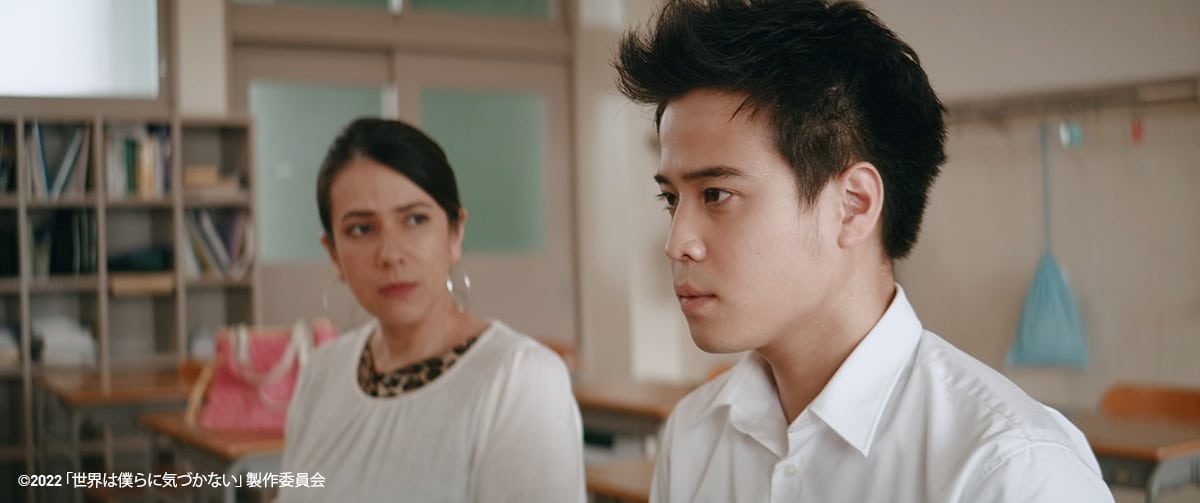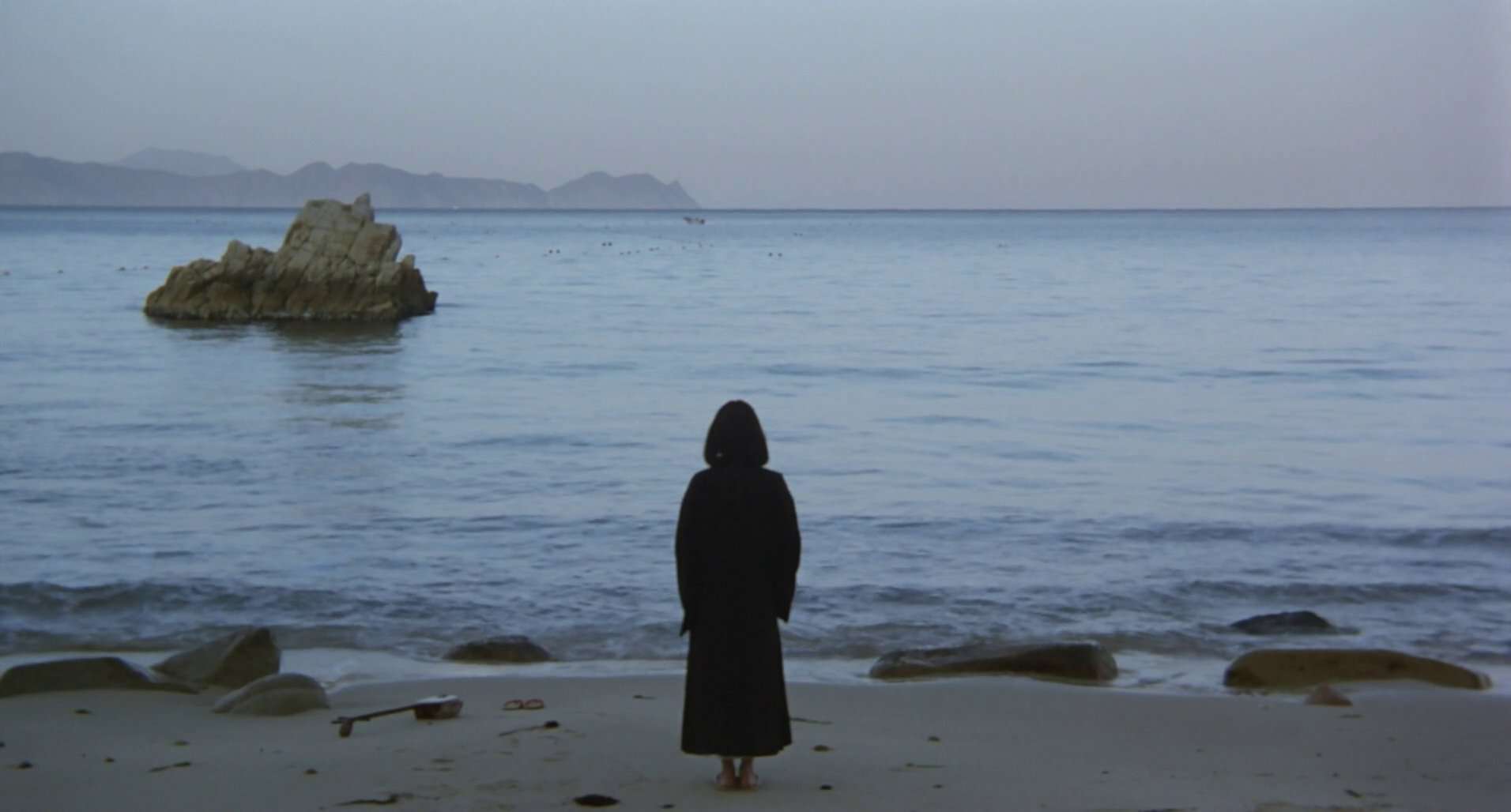A tale of widowed mother–queer daughter acceptance rings just a little bit sweeter when it stays true to the reticence of its protagonist, an overly caring Korean woman with a headstrong daughter. Based on the book of the same name by Kim Hye-Jin, Lee Mi-Rang's Busan standout and feature debut, “Concerning My Daughter”, is a riveting, tender, and grounded story of kinship and mutual aid driven by the strong performances of its leading actresses.
Concering My Daughter screened at Busan International Film Festival

When the widowed Oh Ju-hee (Oh Min-ae) reluctantly extends an invitation to her daughter Green (Lim Se-mi) to move in with her, she is unpleasantly surprised when Green's female partner of seven years, Rain (Ha Yoon-kyung), joins her in the house. Green further angers her mother when she becomes involved in a demonstration at the university where Green works, protesting the dismissal of a colleague who came out publicly in class. Hostile of her daughter's relationship, Ju-hee spends much of her time working at a nursing home, caring for a reticent Alzheimer's patient, Ms. Lee (Hur Jin), an extraordinarily accomplished woman now mishandled by the elder care system.
For many queer kids with a parent stuck in their ways, Ju-hee's entire personality is, undoubtedly, immediately familiar — frustrating, devastating, and painful to be in the presence of. However, it's impossible to deny her humanity, especially through the side of her shown at her workplace, where coworkers scold her for caring too much about the aging Ms. Lee. Ju-hee slowly learns to face the reality of her daughter's life, which objectively abides by the principles she taught her daughter — to be a hard worker, to be accomplished in higher education, and to stand up for what she believes in. Her graying hair dyed a flattering dark maroon, she tries to maintain a façade of perfection for the other mothers in her circle.
Check also this interview
Lee Mi-rang slips in early indicators of Ju-hee's internal, and often externally expressed struggle around what she imagines to be a proper conventional family. A heterosexual couple with their two playful young children rents out part of the woman's home — a constant reminder of Green's queerness, while the childless Ms. Lee is left to fend for herself in a system that couldn't care less about her fate, given the lack of blood relatives to keep them accountable.
Oh Min-ae carries the film while bringing a measured sensibility to Ju-hee. She plays the protagonist with restraint and a tinge of passive aggressiveness likely born of years of protecting herself and defending her generosity against self-preserving colleagues. In supporting roles, Ms. Lee is at times heartbreaking to witness, with Hur Jin giving her an extraordinary amount of life in the physicality of the character while speaking few words. Ha Yoon-kyung plays Rain, who is much more forgiving of Ju-hee than Green is, with an accomplished level of quiet steadfastness. The effectiveness of the softening relationship between Green's partner and mother is owed to the performances of both actresses, who carry their weight through awkward conversations and long silences.
Working with cinematographer Kim Ji-ryong, the director bathes each scene in a dream-like veneer through a desaturated color palette and low depth-of-field throughout the film. Sun-dappled outdoor shots complement tightly framed indoor scenes that instill an element of tenseness without lingering shades of anxiety. This is epitomized by a scene where Ju-hee tries to reason with her patient with growing franticness, only to be struck to the floor in the Alzheimer patient's confused outburst.
“Who am I? Who?” asks Ju-hee, trying to spark a memory in a worsening Ms. Lee, who trails off in response, uncertain: “A person…” This seems to stick with our protagonist, who must learn to treat Green as a person first, then her daughter, rather than the other way around. “Concerning My Daughter” offers a glimmer of hope, but with a healthy dose of hesitance: Maybe there is a light at the end of the tunnel for tightly wound families facing similar interpersonal conflict, whether about queerness or otherwise.















